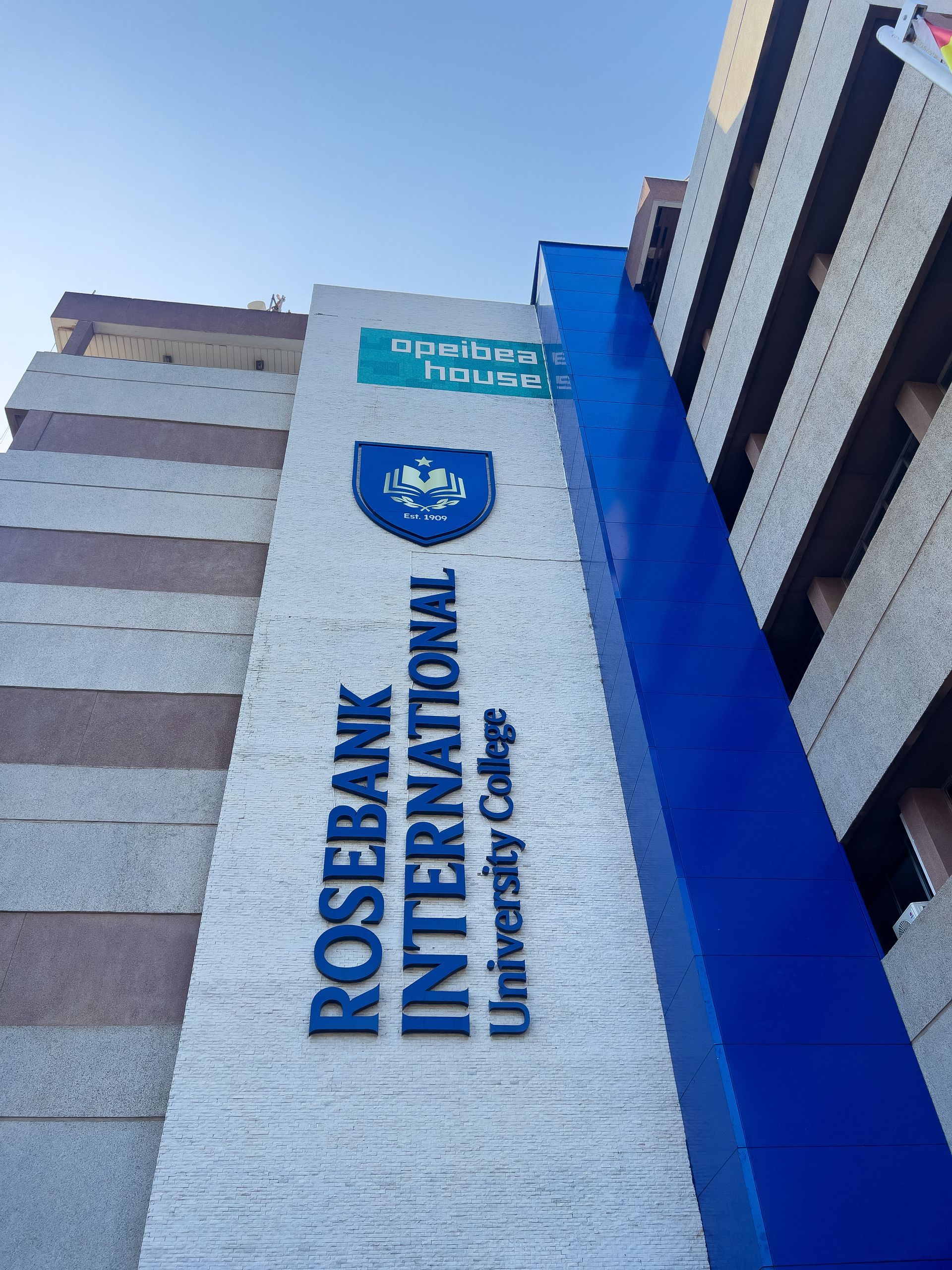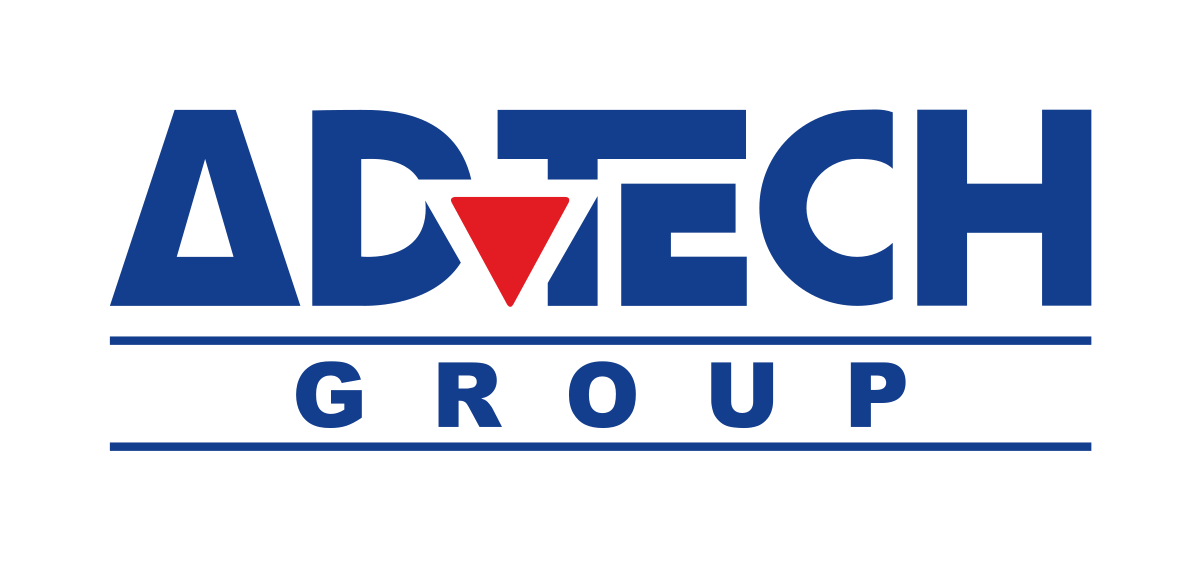Grade 12 Survival Guide: Practical Advice For Students & Parents
Tension is mounting in households across South Africa as Grade 12 students embark on the critical final phase towards their final exams. This juncture isn't merely an academic checkpoint and a transformative phase, but is a daunting and often emotional rollercoaster for students and their parents.
Students are submerged in study materials while parents grapple with providing adequate support without becoming excessively involved. And, given South Africa's distinct socio-economic landscape, many households face unique stresses.
“Parents strive tirelessly to ensure their children's success within this challenging panorama,” says Dr Linda Meyer, MD of The Independent Institute of Education’s Rosebank College, adding that today’s complex times amplify these challenges.
Virtual parenting platforms abound with stories from parents and guardians of Grade 12 students, with calls for insight and advice revealing parents' collective uncertainty on how best to be a pillar of strength and guidance for their children.
Dr Meyer says during the next few weeks, parents should adopt the following mantras:
- Self-Awareness First: Parents should be acutely aware of their emotions and manage them effectively. This stability enables them to be supportive rather than inadvertently adding to their child’s pressures.
- Adopt a Broader Perspective: While Grade 12 exams are significant, they represent just a chapter in a child’s expansive educational story. Beyond this point, there are myriad avenues for growth and learning, and this understanding can help diffuse undue stress.
She says parents can provide meaningful support in two ways: through practical facilitation, and emotional anchoring.
Practical Facilitation
- Holistic Schedule Design: A comprehensive view of the exam timeline can aid in collaboratively creating a balanced study schedule. This aids in pacing study sessions and reducing last-minute panics.
- Authentic Test Conditions: Mimicking actual exam conditions at home can offer insights into areas needing further focus and, equally importantly, help students become familiar with the conditions of the physical exam environment.
- Guided Independence: Being available to address queries is essential, but so is promoting autonomous learning. Encourage students to think critically and find solutions.
- Digital Discipline: Technology can be a double-edged sword. Setting ground rules is pivotal to ensure digital devices aid, rather than disrupt, study schedules.
Emotional Anchoring
- Crafting a Serene Sanctuary: A home's atmosphere can be a game-changer. A serene, clutter-free environment fosters concentration and mental clarity.
- Holistic Wellness: Beyond rigorous studying, integrating activities like meditation, short walks, or even hobbies can mentally rejuvenate students. Adequate rest, outdoor engagements, a nutritious diet, and avoiding excessive caffeine or sugar are paramount.
- Empathetic Dialogue: Establish an environment where students can vocalise their fears, aspirations, or academic challenges. Active, non-judgmental listening can be therapeutic.
- Celebrate Every Milestone: Recognising the results, effort, dedication, and small achievements can tremendously boost a child's self-esteem and drive.
Practical Tips For Students
Dr Meyer says there are a number of strategies which, if incorporated into the weeks leading up to the final exams, can boost a student’s wellbeing and academic success.
Establish a Routine
- Plan your study schedule. Breaking down your subjects into manageable sections can help you avoid feeling overwhelmed.
- Allocate more time for subjects or topics you find challenging.
- Incorporate short breaks to avoid burnout and keep your mind fresh.
Optimal Study Environment
- Find a quiet, comfortable place free from distractions.
- Ensure good lighting to avoid straining your eyes.
- Keep all your materials (books, notes, stationery) organised and within reach.
Effective Study Techniques
- Active Recall: Instead of passively reading, test yourself regularly.
- Mind Maps: Use these to represent and link concepts visually.
- Teach Someone: Explaining a topic to someone else can help solidify your understanding.
Past Exam Papers
- Regularly practice using past Matric papers. They give you an understanding of the exam format and the types of questions you'll encounter.
- Time yourself while answering to simulate the actual exam conditions.
Limit Distractions
- Limit social media and entertainment during study sessions. Consider apps or tools that block distracting sites for specific periods.
- Group Studies
- Studying with peers can provide different perspectives and solutions to problems. However, ensure that the group remains focused and productive.
Exam Day Preparedness
- Ensure you have all required materials (ID, stationery, calculator, etc.).
- Arrive with ample time to spare. Rushing can increase anxiety.
- Before starting, take a moment to calm your nerves. Deep breaths can help.
Seek Help When Needed
- If there's a topic you're struggling with, ask your teacher or a friend, or consider tutoring.
- Seek counselling or speak to someone if the stress becomes overwhelming. Your mental well-being is crucial.
Stay Informed
- Keep abreast of any changes or updates related to the exams, whether they concern exam dates, venue changes, or safety protocols.
- Beyond the Books
- Remember, while exams are essential, they don’t define your entire worth or future. There are always various pathways to success.
Preparing for the Matric exams is as much about persistence and strategy as it is about knowledge. Students can confidently enhance their performance and face exams by being systematic, focused, and proactive, Dr Meyer says.
“And most importantly, we need to apply flexibility and understanding in the parenting approach during this time. Young Adults, with their unique personalities and coping mechanisms, require tailored support.
But beyond academic challenges and triumphs, we should appreciate the journey and celebrate continuous learning, personal evolution, and the tenacity to bounce back, irrespective of the outcomes.”
ADvTECH Updates











